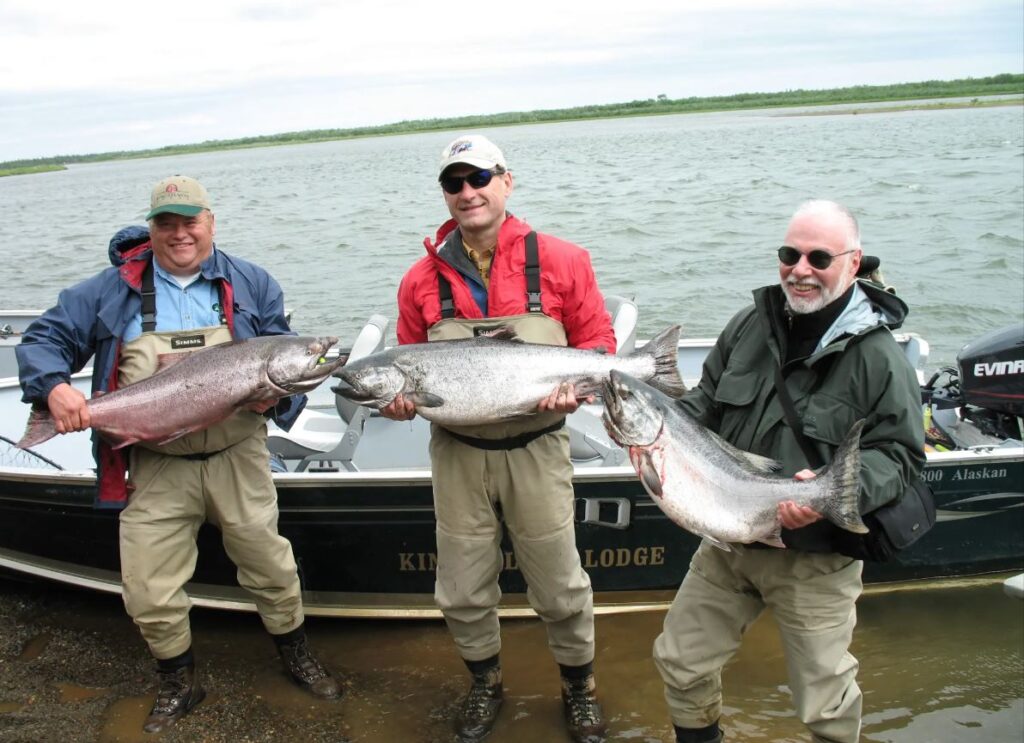Where we’re going, we don’t need no cases or controversies

When the Supreme Court held that when Congress expressly delegated to the executive branch the power to “waive or modify” student loan payments during a national emergency it did not authorize the Biden administration the power to modify student loan payments during a national emergency, it did so despite the fact that nobody involved in suing the administration had suffered any injury from the program. In the American system courts are not supposed to intervene in these circumstances, but the Republicans on this Supreme Court have little use for any traditional legal restraints.
As the Court prepares to limit or overrule Chevron, it’s worth noting that this case should not be justiciable either:
Dahlia Lithwick: I want to turn to the demise of Chevron in Loper Bright, which the court heard this week. Anybody who thought maybe the court was backing off the big, wacky moves from two terms ago and that it would go lightly on Chevron deference was probably unpleasantly surprised this week.
But before we get to the question that the court agreed to hear, I wanted to just tee this up by asking: Is there a live case or controversy at issue with the good fishermen of Loper Bright?
Mark Joseph Stern: Thank you for asking that question—the answer is no! These cases are about a federal law that requires observers to join herring fishing vessels to ensure that they’re complying with overfishing rules. In 2020, the Trump administration directed the fishermen and their companies to help cover the costs of bringing monitors on their boats. The fishermen sued and argued that the statute doesn’t explicitly authorize the government to make industry cover compliance costs. They said: We want our money back. We don’t want to have to keep paying for these monitors.
And the federal government agreed to do all of that! The federal government shut down this cost-sharing program. The federal government repaid all the money that the fishermen paid observers. It said: We are making you whole again. We are giving you all of your cash back.
Everybody should have been happy. But they weren’t. Why? Because by that point, conservative legal activists like Paul Clement—who argued Loper Bright—had seized on these disputes as a vehicle to try to overturn Chevron deference. The entire conservative legal movement lined up to push this case onto SCOTUS’ doorstep to kill off Chevron. And so even though there is no more live case or controversy at all, and zero chance of this cost-sharing program ever restarting, this is still somehow an active Supreme Court case that will get a decision on the merits.
I’m beginning to think that Rucho was not decided out of a sense of modesty about the role of the Supreme Court in the American constitutional system, but because the Republicans on the Supreme Court really like it when Republican legislators arrogate permanent unaccountable power for themselves. Game recognize game, after all!
